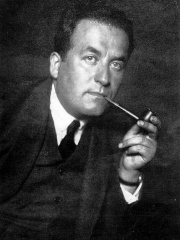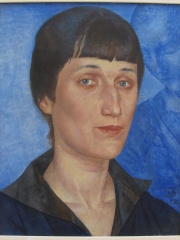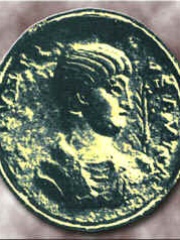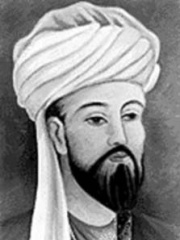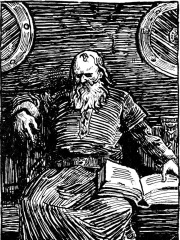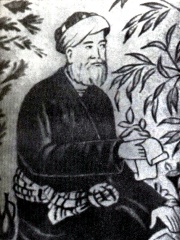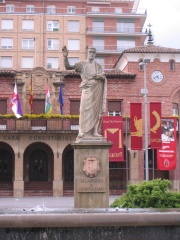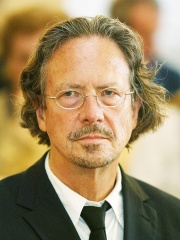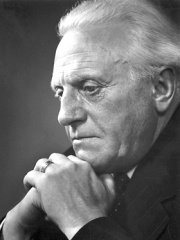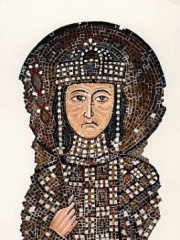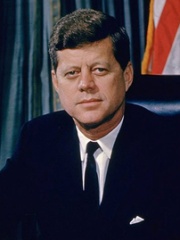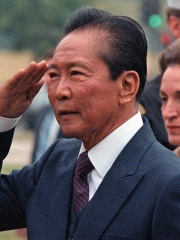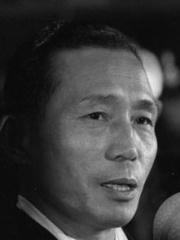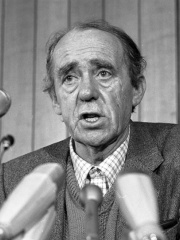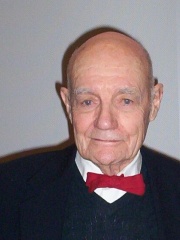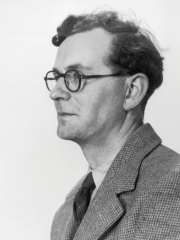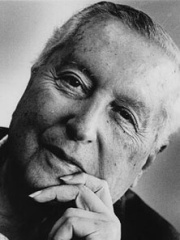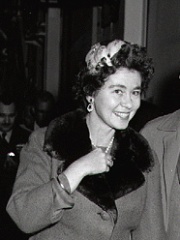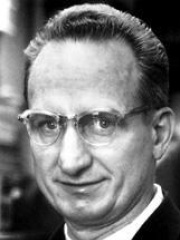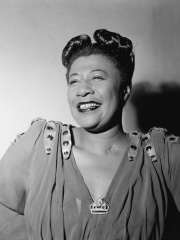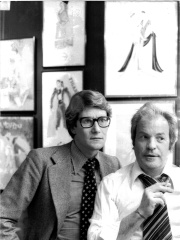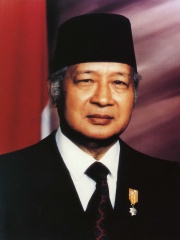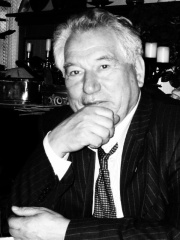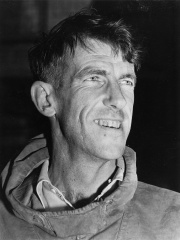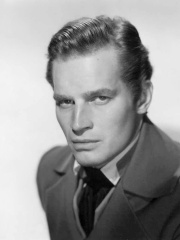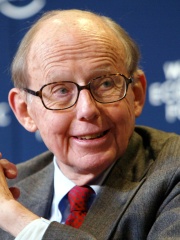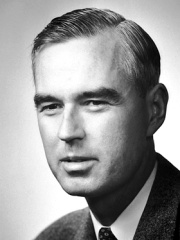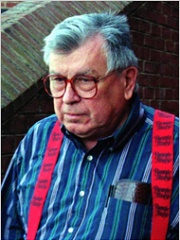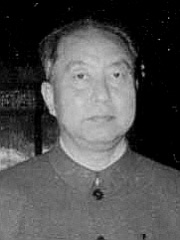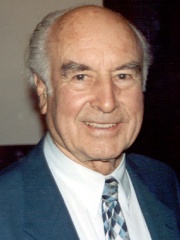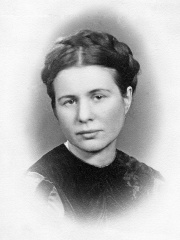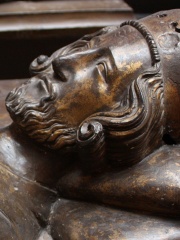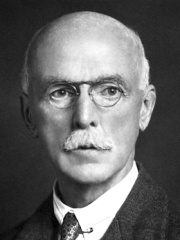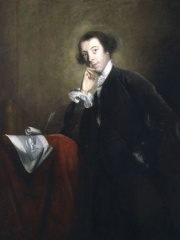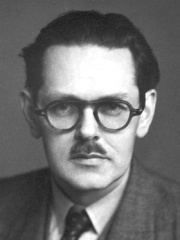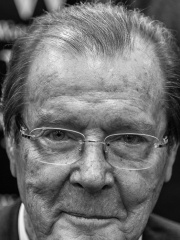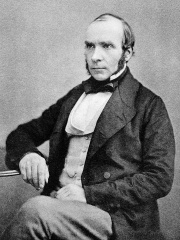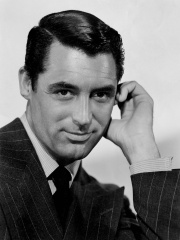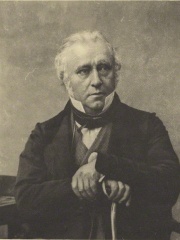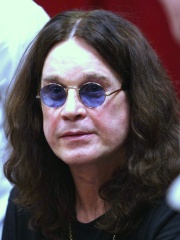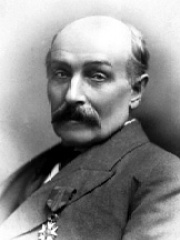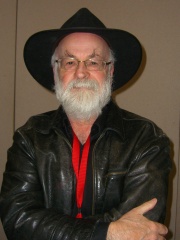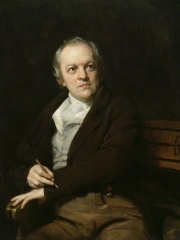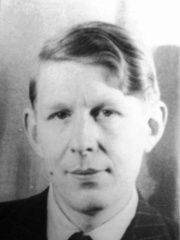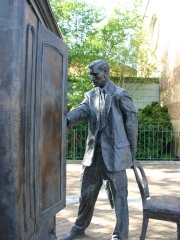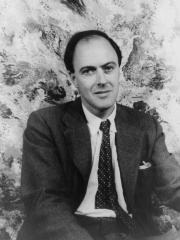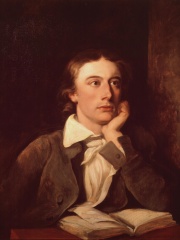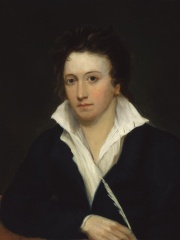WRITER
Arthur C. Clarke
1917 - 2008
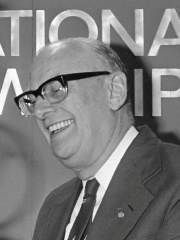
 Arthur C. Clarke
Arthur C. Clarke
Sir Arthur Charles Clarke (16 December 1917 – 19 March 2008) was an English science fiction writer, science writer, futurist, inventor, undersea explorer, and television series host. Clarke was a science fiction writer, an avid populariser of space travel, and a futurist of distinguished ability. He wrote many books and many essays for popular magazines. In 1961, he received the Kalinga Prize, a UNESCO award for popularising science. Read more on Wikipedia
His biography is available in 89 different languages on Wikipedia (up from 85 in 2024). Arthur C. Clarke is the 272nd most popular writer (up from 291st in 2024), the 254th most popular biography from United Kingdom (down from 201st in 2019) and the 29th most popular British Writer.
Arthur C. Clarke is most famous for his science fiction work, including 2001: A Space Odyssey.
Memorability Metrics
Page views of Arthur C. Clarke by language
Among WRITERS
Among writers, Arthur C. Clarke ranks 272 out of 7,302. Before him are Shmuel Yosef Agnon, Anna Akhmatova, Sallust, Nasir al-Din al-Tusi, Snorri Sturluson, and Jami. After him are Quintilian, Elfriede Jelinek, Peter Handke, Gao Xingjian, Pär Lagerkvist, and Anna Komnene.
Most Popular Writers in Wikipedia
Go to all RankingsShmuel Yosef Agnon
1888 - 1970
HPI: 76.44
Rank: 266
Anna Akhmatova
1889 - 1966
HPI: 76.43
Rank: 267
Sallust
86 BC - 34 BC
HPI: 76.43
Rank: 268
Nasir al-Din al-Tusi
1201 - 1274
HPI: 76.41
Rank: 269
Snorri Sturluson
1179 - 1241
HPI: 76.37
Rank: 270
Jami
1414 - 1492
HPI: 76.34
Rank: 271
Arthur C. Clarke
1917 - 2008
HPI: 76.34
Rank: 272
Quintilian
35 - 96
HPI: 76.33
Rank: 273
Elfriede Jelinek
1946 - Present
HPI: 76.31
Rank: 274
Peter Handke
1942 - Present
HPI: 76.29
Rank: 275
Gao Xingjian
1940 - Present
HPI: 76.23
Rank: 276
Pär Lagerkvist
1891 - 1974
HPI: 76.22
Rank: 277
Anna Komnene
1083 - 1153
HPI: 76.22
Rank: 278
Contemporaries
Among people born in 1917, Arthur C. Clarke ranks 7. Before him are Indira Gandhi, John F. Kennedy, Ferdinand Marcos, Park Chung-hee, Heinrich Böll, and John Fenn. After him are Rodney Robert Porter, Ilya Prigogine, Frederica of Hanover, James Rainwater, Christian de Duve, and Ella Fitzgerald. Among people deceased in 2008, Arthur C. Clarke ranks 9. Before him are Yves Saint Laurent, Suharto, Bobby Fischer, Chinghiz Aitmatov, Edmund Hillary, and Charlton Heston. After him are Samuel P. Huntington, Willis Lamb, Daniel Carleton Gajdusek, Hua Guofeng, Albert Hofmann, and Irena Sendler.
Others Born in 1917
Go to all RankingsIndira Gandhi
POLITICIAN
1917 - 1984
HPI: 91.54
Rank: 1
John F. Kennedy
POLITICIAN
1917 - 1963
HPI: 86.01
Rank: 2
Ferdinand Marcos
POLITICIAN
1917 - 1989
HPI: 85.12
Rank: 3
Park Chung-hee
POLITICIAN
1917 - 1979
HPI: 81.27
Rank: 4
Heinrich Böll
WRITER
1917 - 1985
HPI: 79.08
Rank: 5
John Fenn
CHEMIST
1917 - 2010
HPI: 78.47
Rank: 6
Arthur C. Clarke
WRITER
1917 - 2008
HPI: 76.34
Rank: 7
Rodney Robert Porter
CHEMIST
1917 - 1985
HPI: 75.95
Rank: 8
Ilya Prigogine
CHEMIST
1917 - 2003
HPI: 75.46
Rank: 9
Frederica of Hanover
COMPANION
1917 - 1981
HPI: 75.08
Rank: 10
James Rainwater
PHYSICIST
1917 - 1986
HPI: 74.58
Rank: 11
Christian de Duve
BIOLOGIST
1917 - 2013
HPI: 74.14
Rank: 12
Ella Fitzgerald
SINGER
1917 - 1996
HPI: 74.12
Rank: 13
Others Deceased in 2008
Go to all RankingsYves Saint Laurent
FASHION DESIGNER
1936 - 2008
HPI: 78.79
Rank: 3
Suharto
POLITICIAN
1921 - 2008
HPI: 78.54
Rank: 4
Bobby Fischer
CHESS PLAYER
1943 - 2008
HPI: 78.36
Rank: 5
Chinghiz Aitmatov
WRITER
1928 - 2008
HPI: 77.57
Rank: 6
Edmund Hillary
MOUNTAINEER
1919 - 2008
HPI: 77.53
Rank: 7
Charlton Heston
ACTOR
1923 - 2008
HPI: 76.75
Rank: 8
Arthur C. Clarke
WRITER
1917 - 2008
HPI: 76.34
Rank: 9
Samuel P. Huntington
POLITICAL SCIENTIST
1927 - 2008
HPI: 75.98
Rank: 10
Willis Lamb
PHYSICIST
1913 - 2008
HPI: 75.21
Rank: 11
Daniel Carleton Gajdusek
PHYSICIAN
1923 - 2008
HPI: 75.08
Rank: 12
Hua Guofeng
POLITICIAN
1921 - 2008
HPI: 74.87
Rank: 13
Albert Hofmann
CHEMIST
1906 - 2008
HPI: 74.84
Rank: 14
Irena Sendler
SOCIAL ACTIVIST
1910 - 2008
HPI: 74.81
Rank: 15
In United Kingdom
Among people born in United Kingdom, Arthur C. Clarke ranks 254 out of 8,785. Before him are Henry III of England (1207), Arthur Harden (1865), Horace Walpole (1717), John A. Macdonald (1815), Archer Martin (1910), and Roger Moore (1927). After him are James Hunt (1947), John Snow (1813), Cary Grant (1904), Thomas Babington Macaulay (1800), Ozzy Osbourne (1948), and Randal Cremer (1828).
Others born in United Kingdom
Go to all RankingsHenry III of England
POLITICIAN
1207 - 1272
HPI: 76.45
Rank: 248
Arthur Harden
CHEMIST
1865 - 1940
HPI: 76.39
Rank: 249
Horace Walpole
POLITICIAN
1717 - 1797
HPI: 76.39
Rank: 250
John A. Macdonald
POLITICIAN
1815 - 1891
HPI: 76.38
Rank: 251
Archer Martin
CHEMIST
1910 - 2002
HPI: 76.38
Rank: 252
Roger Moore
ACTOR
1927 - 2017
HPI: 76.34
Rank: 253
Arthur C. Clarke
WRITER
1917 - 2008
HPI: 76.34
Rank: 254
James Hunt
RACING DRIVER
1947 - 1993
HPI: 76.33
Rank: 255
John Snow
PHYSICIAN
1813 - 1858
HPI: 76.33
Rank: 256
Cary Grant
ACTOR
1904 - 1986
HPI: 76.32
Rank: 257
Thomas Babington Macaulay
HISTORIAN
1800 - 1859
HPI: 76.29
Rank: 258
Ozzy Osbourne
SINGER
1948 - 2025
HPI: 76.29
Rank: 259
Randal Cremer
POLITICIAN
1828 - 1908
HPI: 76.27
Rank: 260
Among WRITERS In United Kingdom
Among writers born in United Kingdom, Arthur C. Clarke ranks 29. Before him are Terry Pratchett (1948), William Blake (1757), W. H. Auden (1907), C. S. Lewis (1898), J. K. Rowling (1965), and Mary Wollstonecraft (1759). After him are Anne Brontë (1820), William Golding (1911), Roald Dahl (1916), John Keats (1795), Jane Hawking (1944), and Percy Bysshe Shelley (1792).
Terry Pratchett
1948 - 2015
HPI: 78.12
Rank: 23
William Blake
1757 - 1827
HPI: 77.20
Rank: 24
W. H. Auden
1907 - 1973
HPI: 77.00
Rank: 25
C. S. Lewis
1898 - 1963
HPI: 76.86
Rank: 26
J. K. Rowling
1965 - Present
HPI: 76.63
Rank: 27
Mary Wollstonecraft
1759 - 1797
HPI: 76.52
Rank: 28
Arthur C. Clarke
1917 - 2008
HPI: 76.34
Rank: 29
Anne Brontë
1820 - 1849
HPI: 75.21
Rank: 30
William Golding
1911 - 1993
HPI: 75.20
Rank: 31
Roald Dahl
1916 - 1990
HPI: 74.78
Rank: 32
John Keats
1795 - 1821
HPI: 74.72
Rank: 33
Jane Hawking
1944 - Present
HPI: 74.68
Rank: 34
Percy Bysshe Shelley
1792 - 1822
HPI: 74.38
Rank: 35
